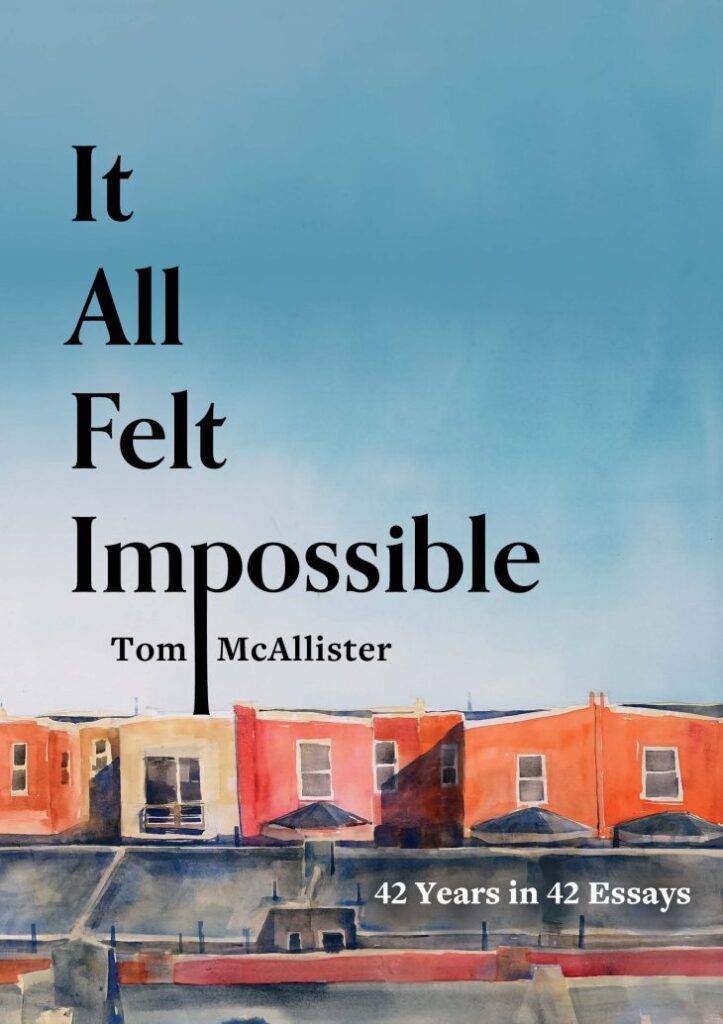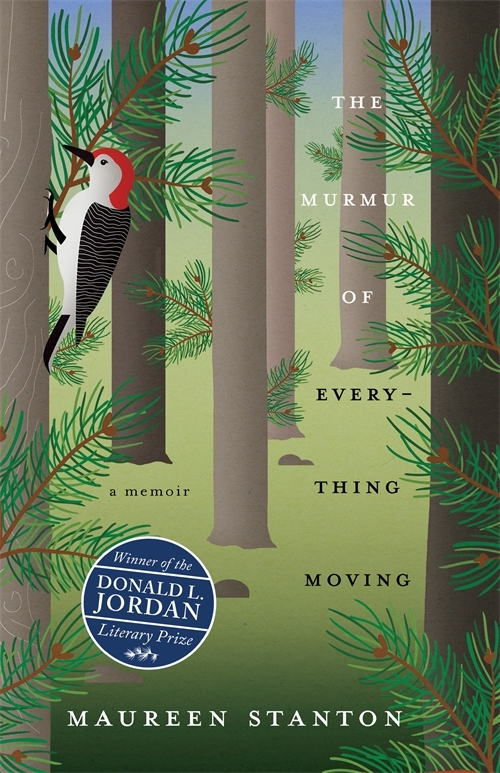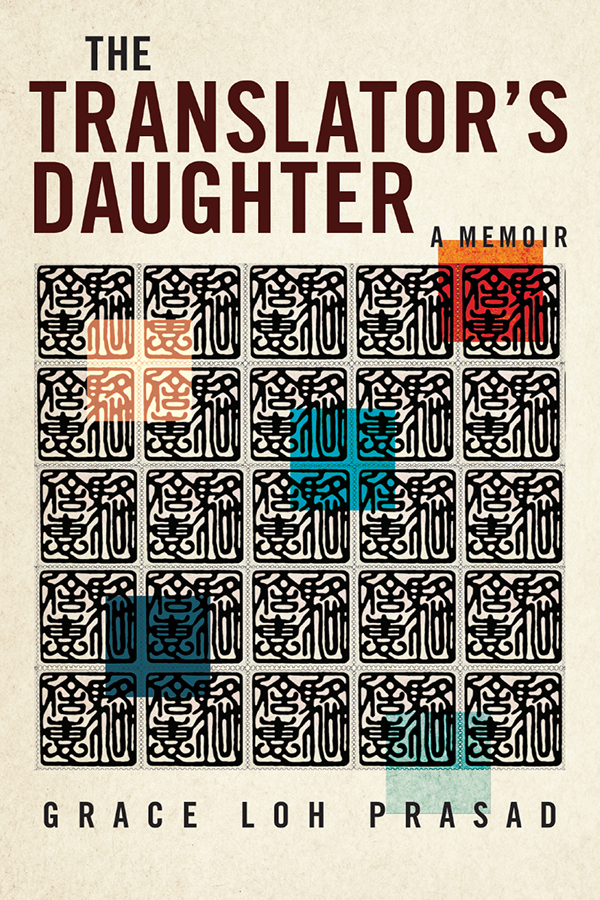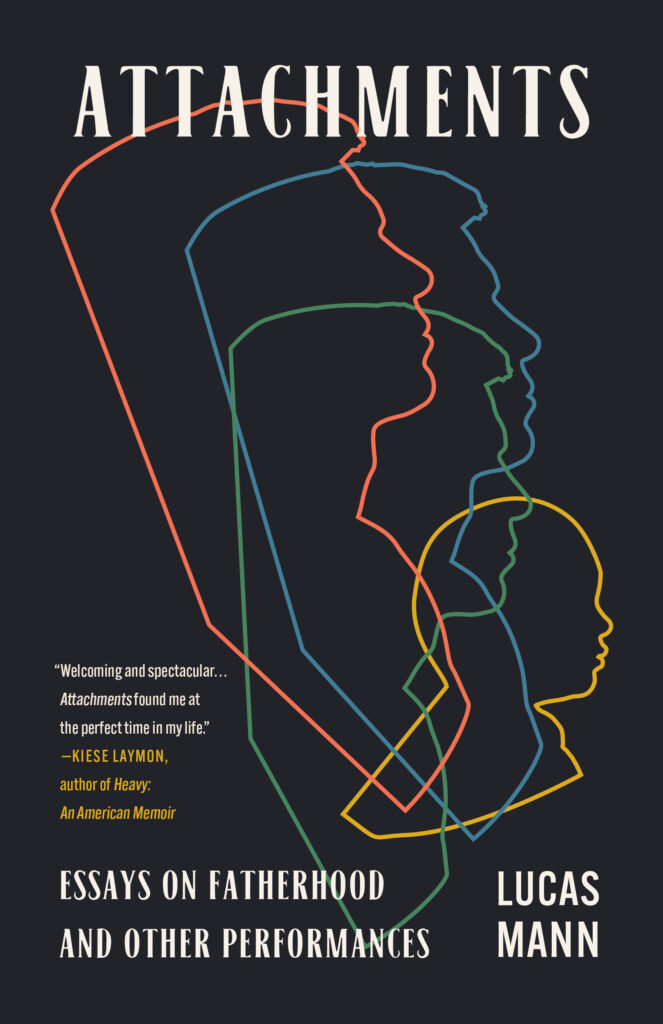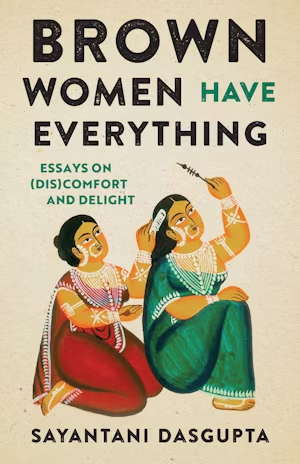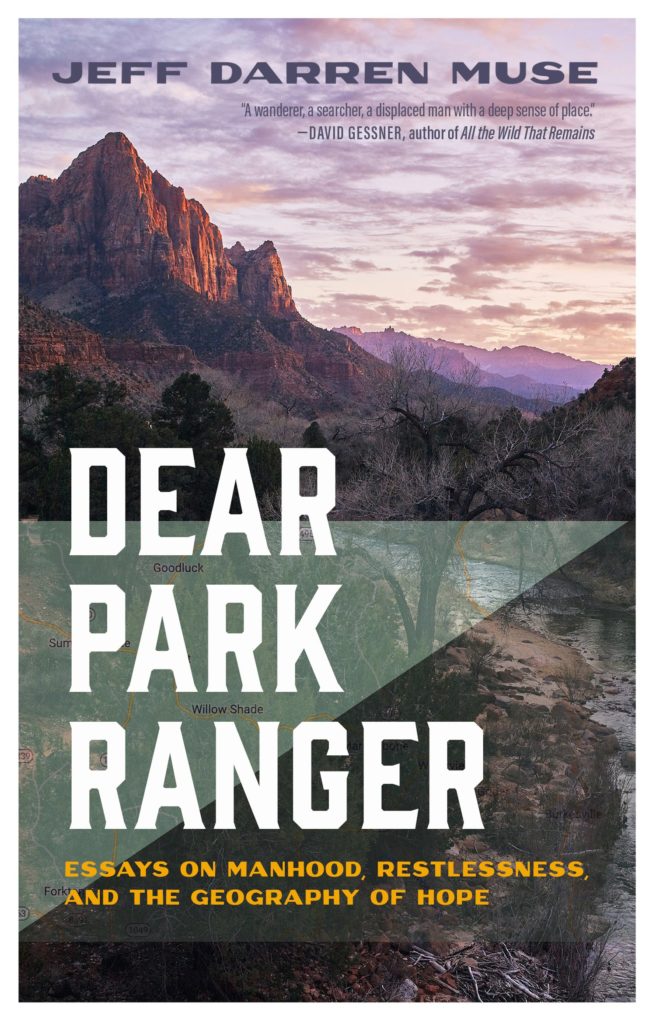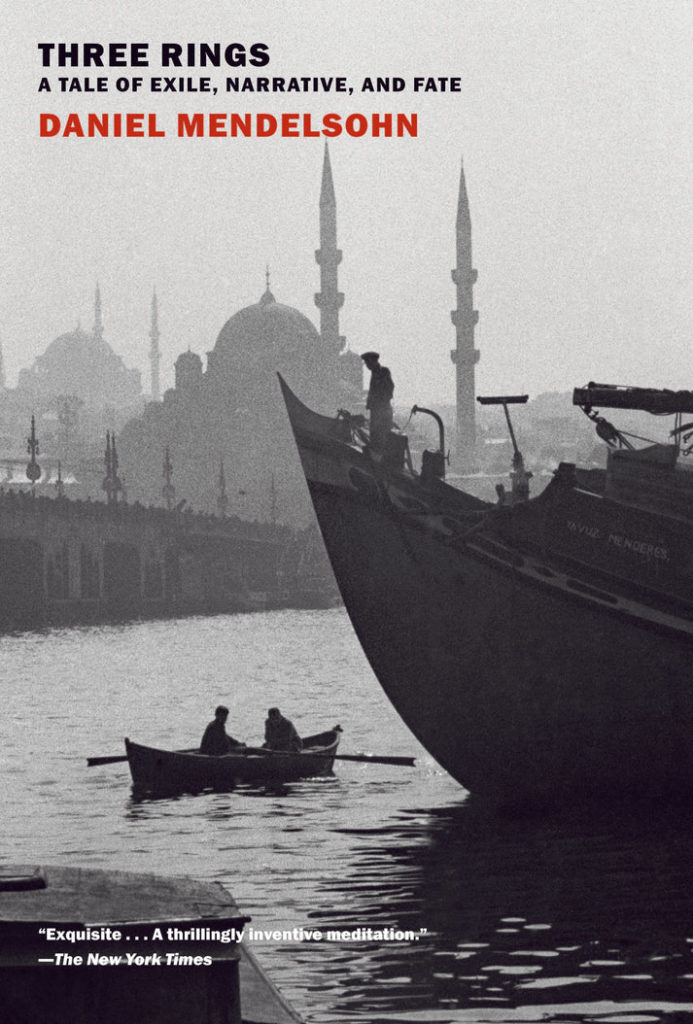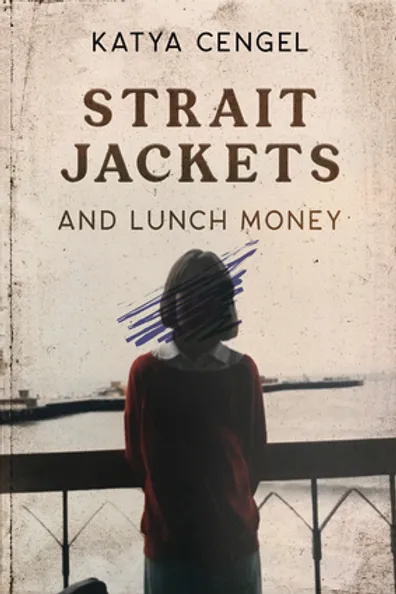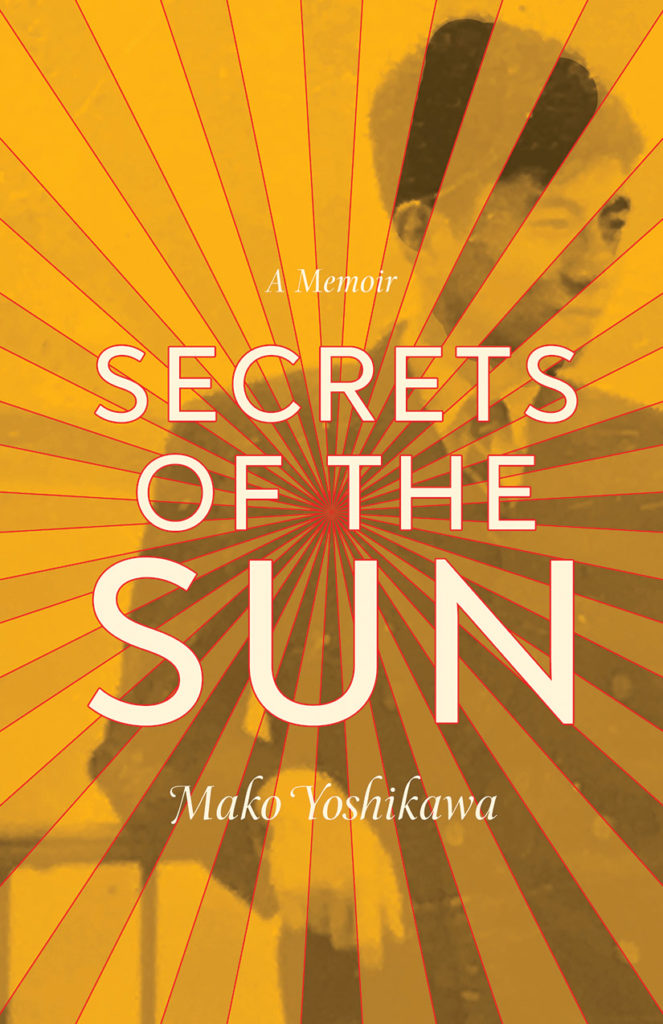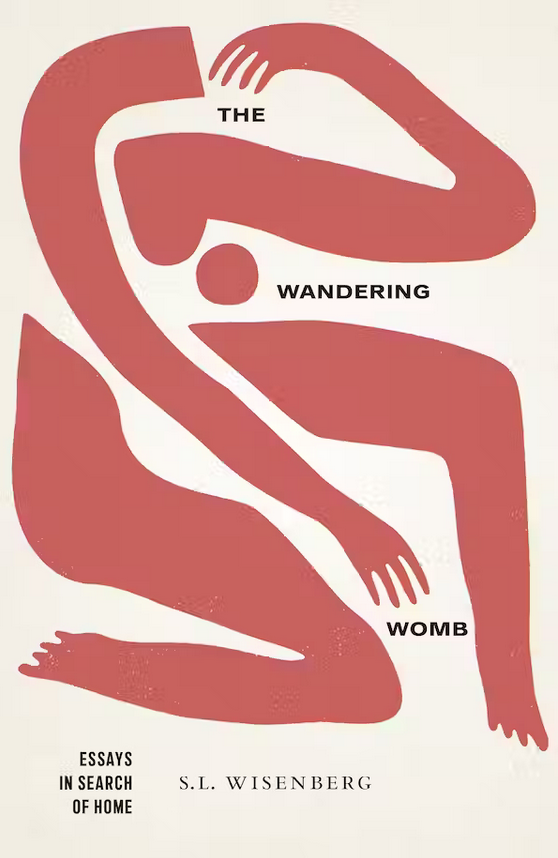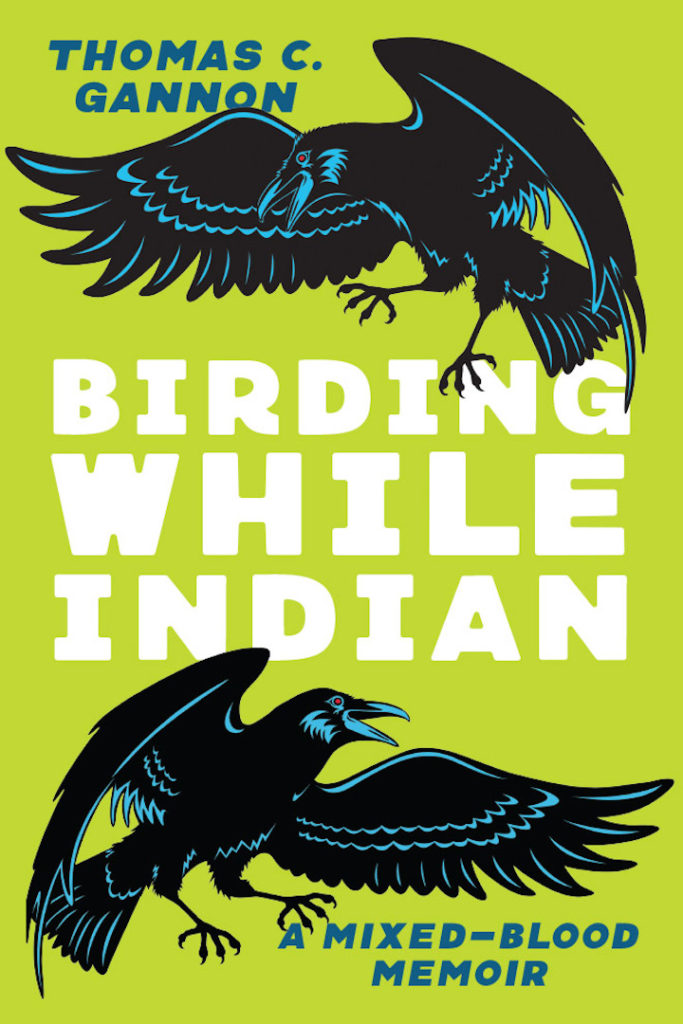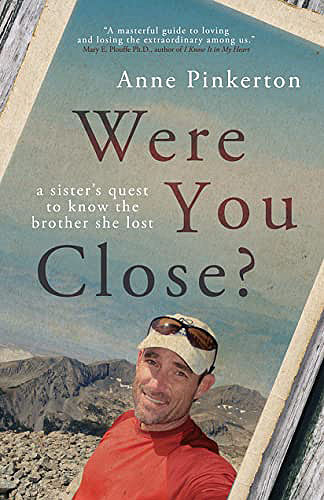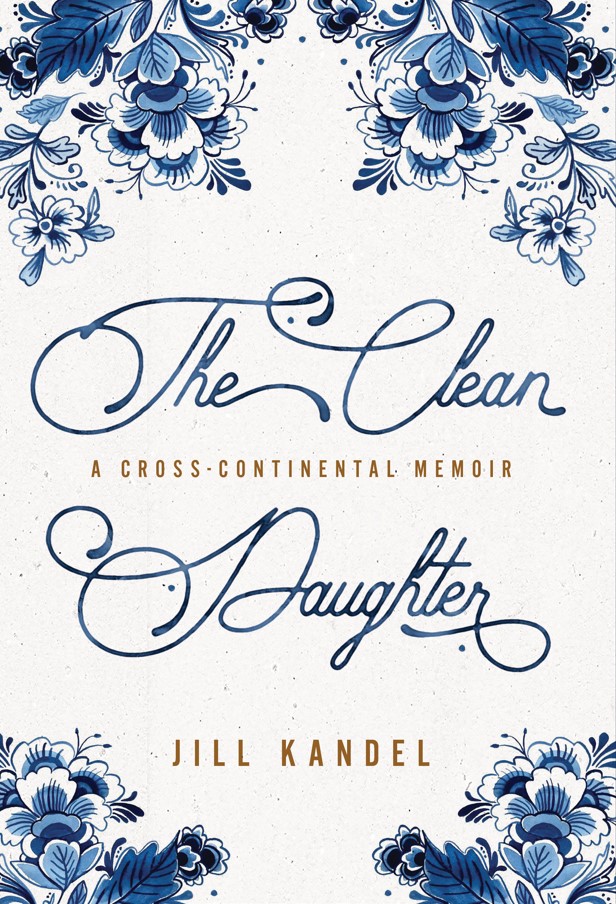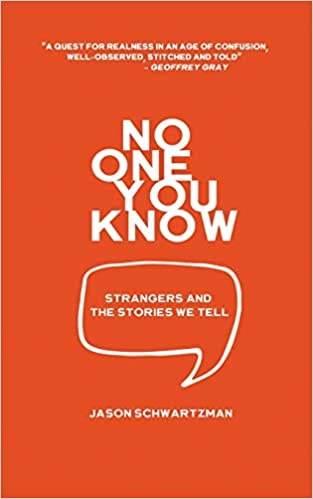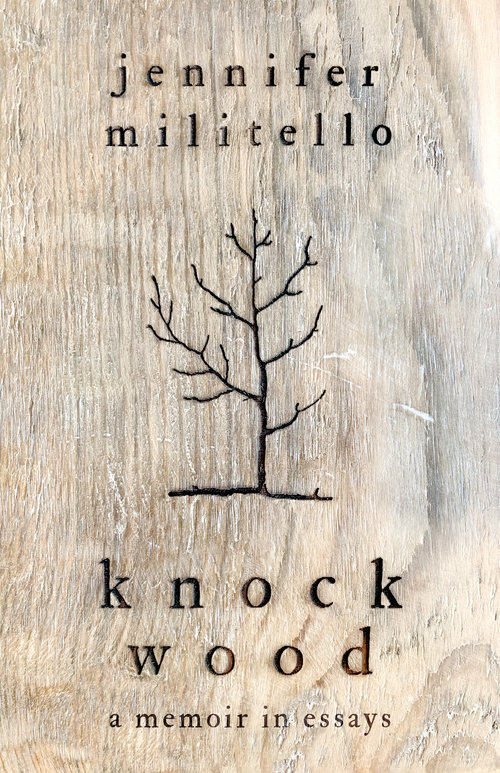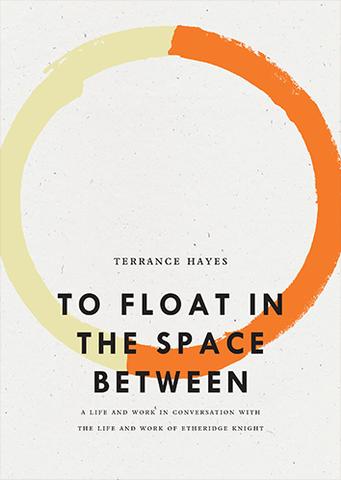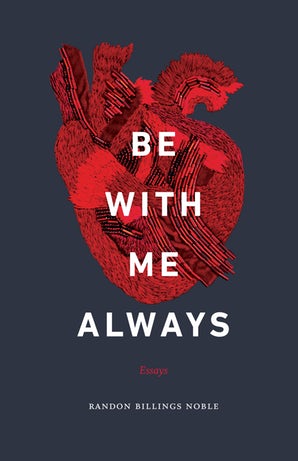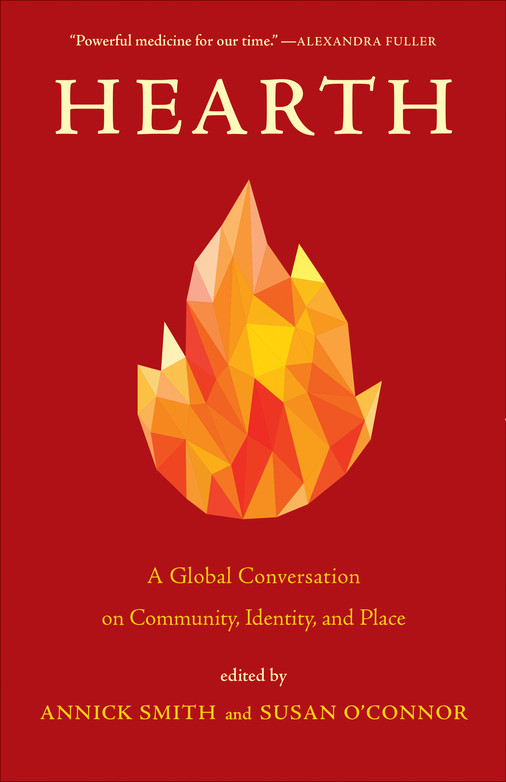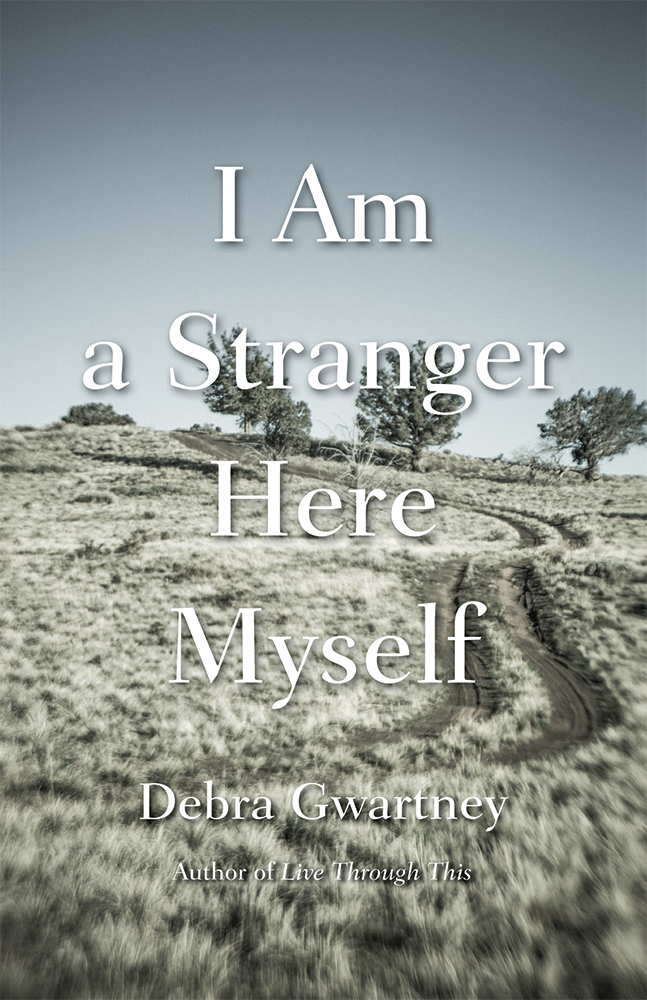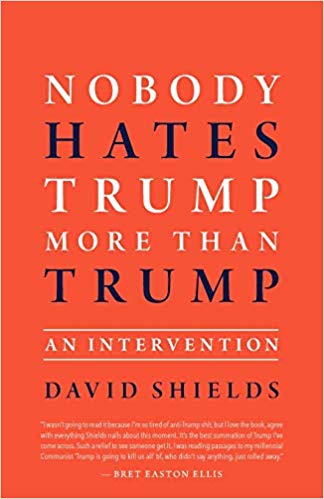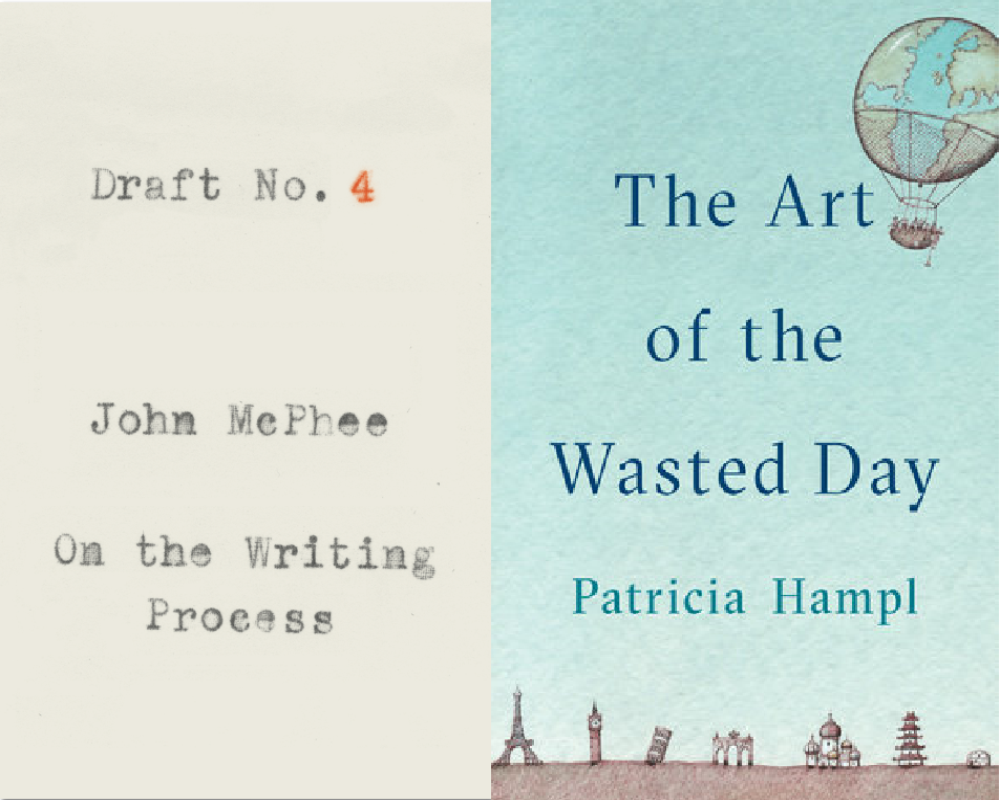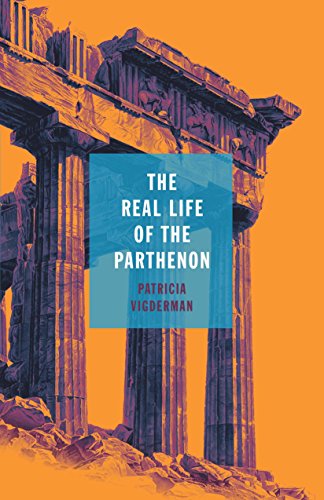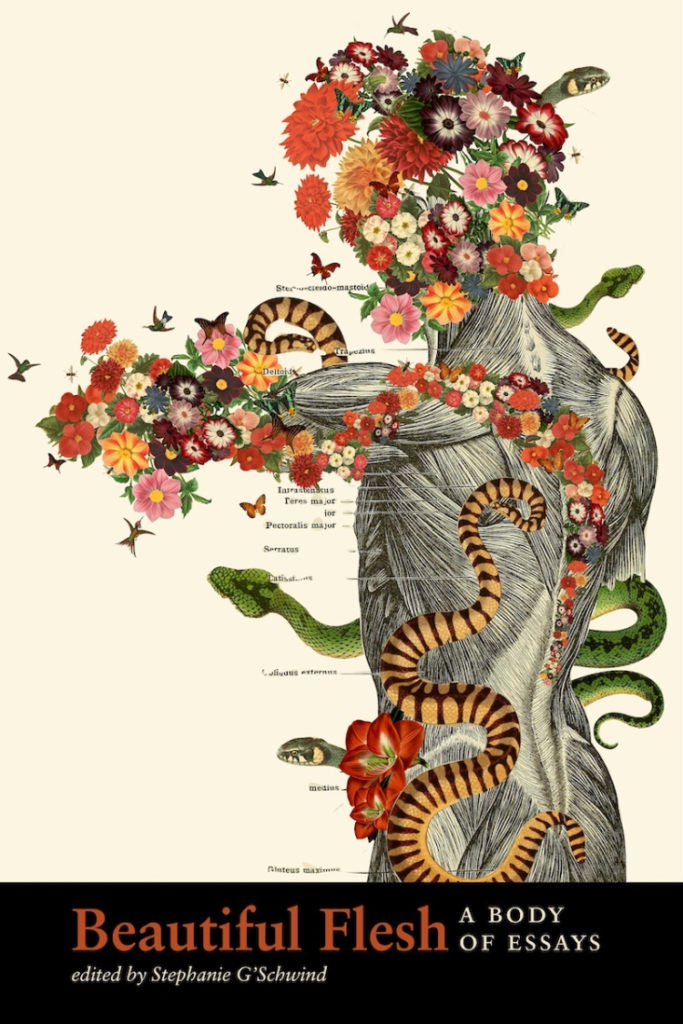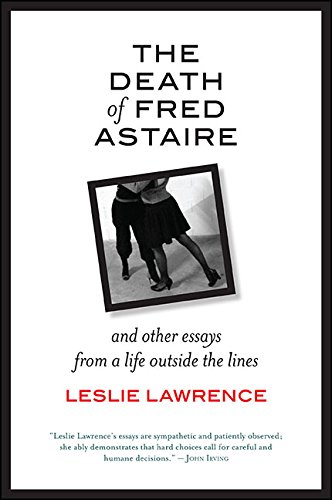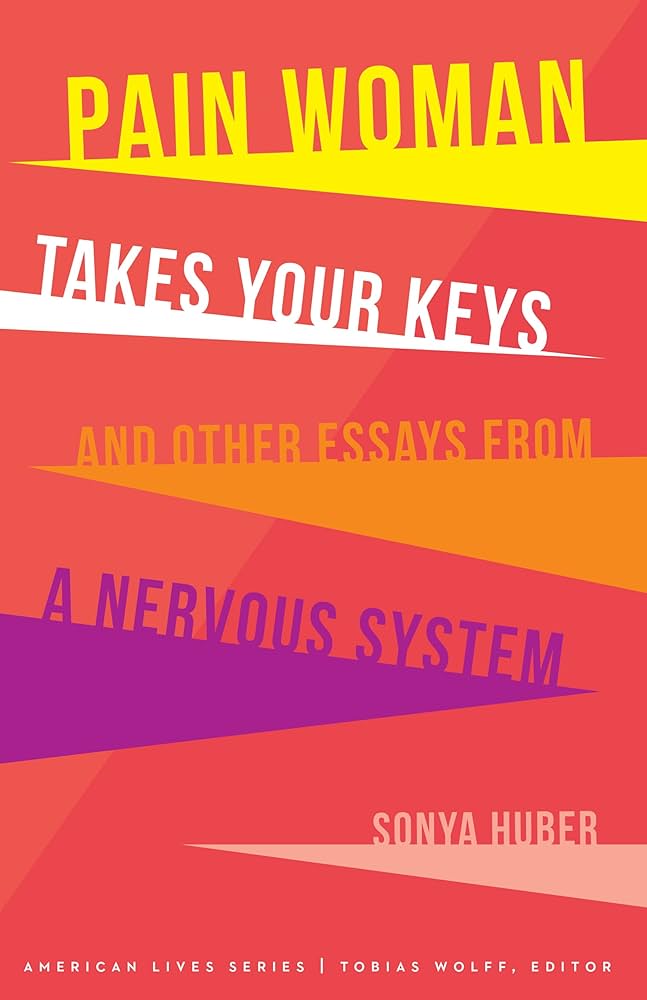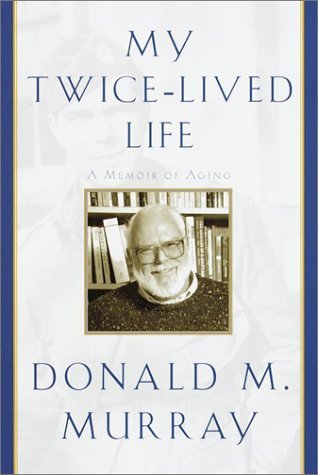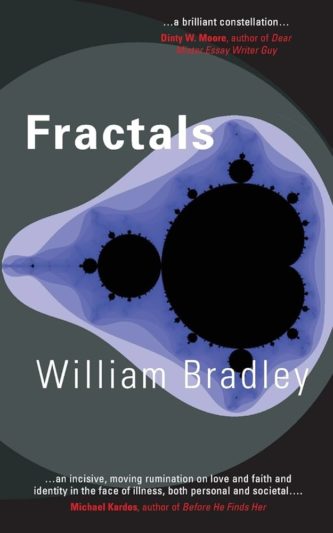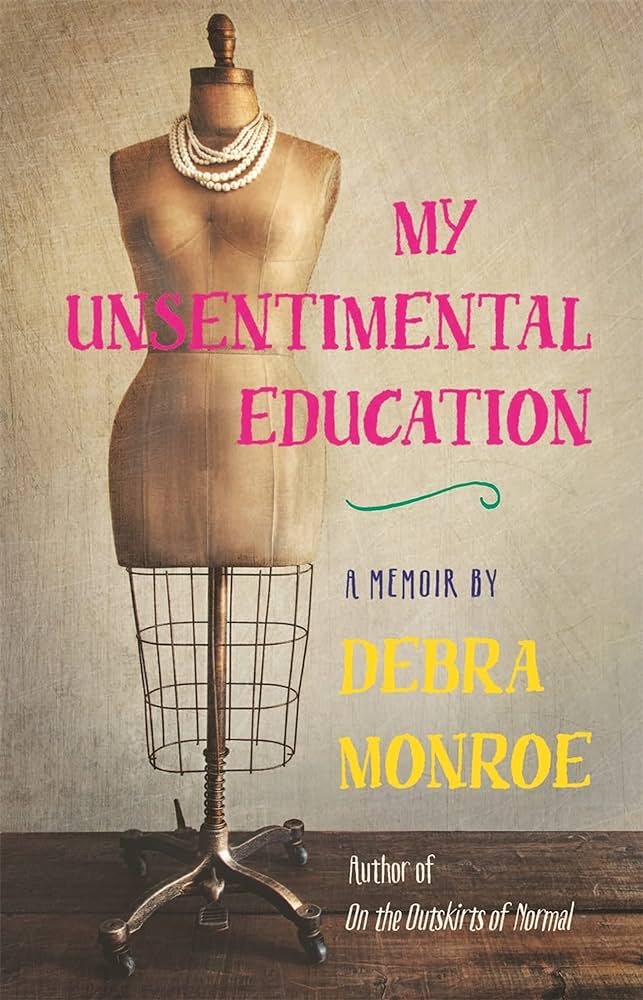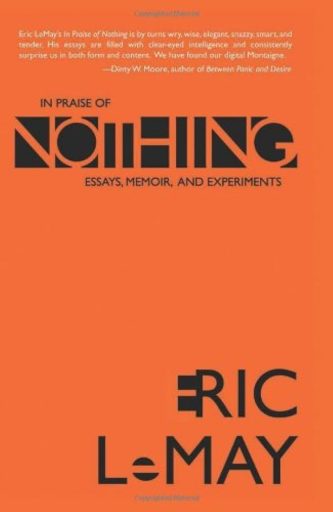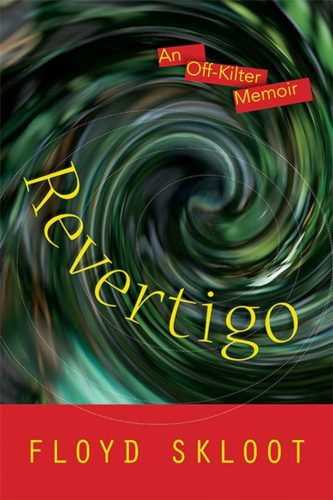By Amber D. Stoner
Against Football: One Fan’s Reluctant Manifesto by Steve Almond
First and foremost, Steve Almond wants you to know he’s a football fan: he’s one of you; he’s one of us. But after forty years of watching the game, playing fantasy football, and mourning yet another Oakland Raiders’ loss, Almond no longer indulges his love of watching football and his latest book, Against Football: One Fan’s Reluctant Manifesto, explains why.
Part reporting, part memoir, and all manifesto, though not screed, Against Football is relentless in laying out his issues with the game. Almond’s research, facts, and stories, personal and public, add up to a mountain of damning problems that he insists must no longer be ignored. Almond tackles each issue head on: concussions and brain damage, violence, misogyny, racism, homophobia, crimes, and greed. In a concise 192 pages, Almond describes these dangers of football and asks what is the effect and responsibility of continuing to be a football fan.
“My hope,” he writes, “is to honor the ethical complexities and the allure of the game. I’m trying to see football for what it truly is.” Almond accomplishes this by first describing not only the rampant brain damage in former pro players:
A growing body of medical research has confirmed that football can cause traumatic injury to the brain, not as a rare and unintended consequence, but as a routine byproduct of how the game is played.
but also the beauty of the game:
Elway ran around like crazy until he spotted something nobody else did, a path to redemption where others saw only ruin. In the moment of greatest peril, he summoned poise. In the midst of entropy, he found order. We all want to find that magic within ourselves. And failing that, we want to watch as someone else does.
Football is far and away the most popular sport in the U.S. What accounts for its broad appeal? Almond suggests that the narrative drama of the game and the language of football unite people. “Football provided a lingua franca by which men of vastly different beliefs and standing could speak to one another in an increasingly fragmented culture.” The story of a game, how it can turn in a second, and its complex emotions bring together a large community of fans. It’s a shared experience, a common language.
Almond is at his most compelling when he’s vulnerable and shares personal stories that reveal a troubled childhood, the frequent violence between him and his brothers. He sought refuge in football games. “In a home swirling with chaotic rage, it soothed me to see aggression granted a coherent, even heroic, context.”
Almond’s openness and honesty have produced a book that is deeply personal and moral. And profoundly American. Using the lens of football, Almond points to larger problems in the U.S. that are not necessarily unique to football, but are exemplified by the sport, such as racism and greed. He writes, “What is the relationship between our nation’s racial history and our lust for football?” Later, he asks,
Are we really so spoiled as a nation, in 2014, that we can’t curb our appetite for an unnecessarily violent game that degrades our educational system, injures its practitioners, and fattens a pack of gluttonous corporations?
In one particularly unsettling chapter titled “You Knock My Brains Out This Sunday and I Knock Your Brains Out the Next Time We Meet,” Almond discusses concussions and Chronic Traumatic Encephalopathy (CTE), a progressive, degenerative brain disease found in a growing number of pro football players due to their history of concussions. Dementia is one of the main symptoms of CTE.
Along with greater susceptibility to brain injuries, pro football players have an estimated life expectancy of fifty-five, according to a study from 2011. As more players and their families learned about the physical dangers of playing football, more than 4,500 former players sued the NFL, but rather than go to court with all its potential for a public relations mess, the NFL agreed to pay a settlement of $765 million. For Almond, “the moral decision in this situation isn’t very complicated: you stop playing the game until you learn more.” Since the NFL is running a profitable, but physically dangerous game, decisions are often based on money not morals.
The money involved is substantial. In comparing defensive end Jared Allen and his $18.5 million yearly salary to the those of other professions, Almond states, “That makes one quarterback mauler worth 474 elementary school teachers. Or 440 paramedics. Or 661 police officers. Let us pause in astonishment and torment.” For the NFL, TV consumption is vital. “From the perspective of its governing body, the NFL, the game is a multi-billion-dollar product. And those of us who love it are not innocent fans rooting for our teams to prevail. We’re consumers. Our money and attention are what subsidize the game.”
Notice, in two instances, the self-inclusive language Almond uses. He doesn’t let himself off the hook. “Of course, it’s easy to blame ruthless coaches and venal owners and foolhardy players, and much harder for us to see our own role in all this.”
It’s clear that football fans like the author are his intended audience. But with a title like Against Football, will it reach them? The book is titled to invite controversy and publicity, not conversation. Last September, Steve Almond read from his book at the Loft Literary Center in Minneapolis. He jokingly mentioned that he knows the only way his book is getting to fans is as a gift from those who have to deal with a fan. Even then, I ask who wants to give a book to someone that is against their favorite pastime? In spite of the unfortunate title, this book is not just a fuming rant (though it is that, too), but an intelligent, reasoned look at the current state of football. And that is what Almond is ultimately against: the current state of football.
In wondering why he wrote this book now rather than a decade ago, Almond writes, “Partly it’s because, though I enjoy watching the game more than ever, I don’t enjoy the way it makes me feel afterward…” Wait, he still watches? The book jacket says he doesn’t. Reviews, including this one, tend to open with the astonishing fact that he no longer watches the game. But in the text of the book, he only once states that he has stopped watching football, and that was in reference to his giving up on Stanford games—he’d seen one too many concussions.
Curious, I asked him directly in the Q&A at September’s reading if he watched football anymore. His answer was an unequivocal no. “After writing a book like this, you can’t keep watching.” Almond’s struggle is evident throughout the book, frequently pointing out his own hypocrisies. He enjoyed watching the game and for years subverted any nagging concerns about his joy in watching men being concussed.
Mostly, this book is a personal attempt to connect the two disparate synapses that fire in my brain when I hear the word “football”: the one that calls out, Who’s playing? What channel?, and the one that murmurs, Shame on you.
Perhaps Steve Almond loved the game so much, but became so appalled by the hazards of the game, that the only way to convince himself to stop watching was to back himself into a corner by writing this book.
This book raises ethical questions. What is the fan’s responsibility when faced with these issues? To watch or not to watch? To push for changes in the game? Is football, with its moral hazards, including parents who allow middle and high school kids to play when their brains are more susceptible to damage, worth our continued support? A short epilogue lists several “practical steps” to begin addressing the issues with football, but many of them feel like Hail Marys and none goes as far as suggesting the route that Almond has taken: write a skewering book and stop watching football. He stops short of that radical recommendation. Why? Because Almond doesn’t feel it’s his place to do so after being an ardent supporter for forty years. And because many people won’t awaken to the hazards of football if it means letting go of the game they love.
With Almond’s sharp, witty commentary slightly tempering its distressing content, Against Football is a quick, almost enjoyable, read. And beside Almond’s anger and disgust at the problems of football sits an overarching struggle and sadness.
The point of this book isn’t to shit on your happiness. It isn’t to win some cultural argument. Let’s make it larger than that. Let’s make it an honest conversation between ourselves, and within ourselves, about why we come to football, about why we need a beautiful savage game to feel fully alive, to feel united, and to love the people we love.
Against Football is a timely and needed book, especially given the recent events involving child abuse charges against Minnesota Vikings player Adrian Peterson and domestic violence charges against former Baltimore Ravens player Ray Rice. Well-written and conversational with humor and resolve, the book succeeds as a personal and moral discussion of America’s beloved game.
$22.34 Hardcover | $11.97 Paperback | Buy Here!
Amber D. Stoner is a writer and editor living in Minnesota. Her work has appeared in Creative Nonfiction, MinnPost.com, dislocate, and The Socratic Project. She blogs at writingtogethermn.wordpress.


